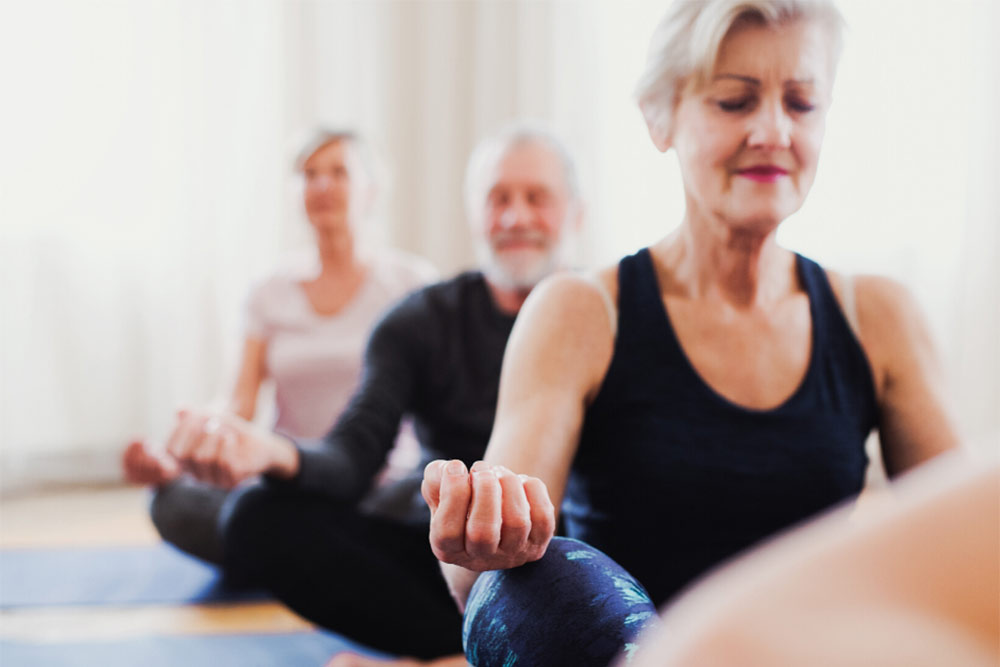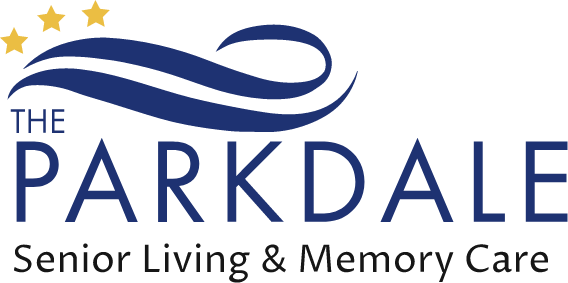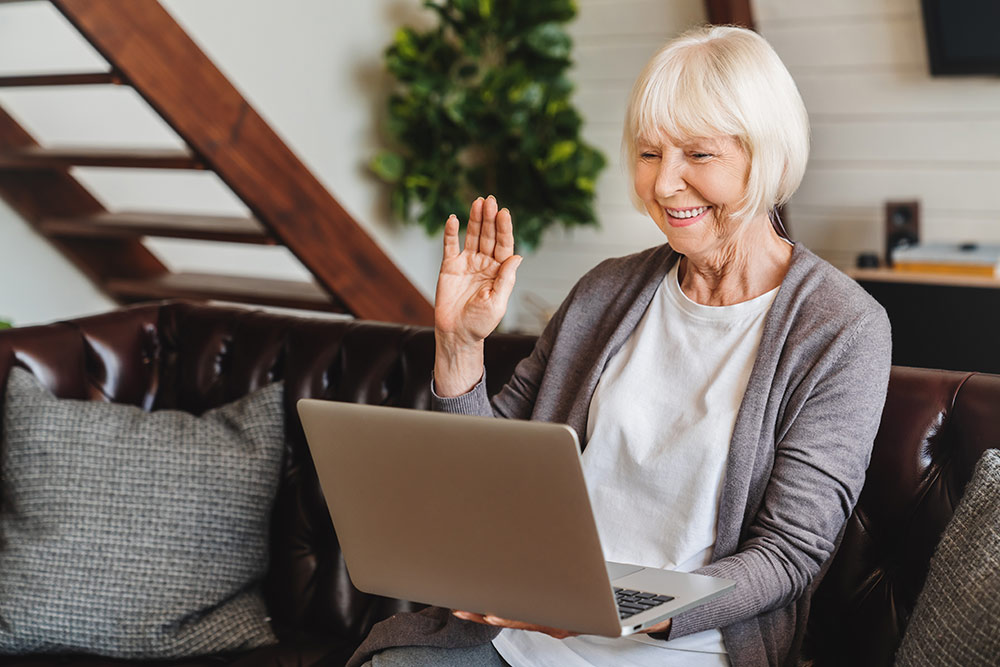With plenty of responsibilities riding on their shoulders during their younger years, older adults are not used to the concept of self-care. However, with the virus still plaguing the world, it’s time for you to take action and make an effort to look after every aspect of your own welfare–physically, mentally, and emotionally.
According to the CDC, seniors aged 65 and older are more prone to experience severe symptoms once in contact with the coronavirus. In fact, the death rate of elderlies is seven times higher than that of the average adult.
Further, with the current lockdown and social isolation protocols, there’s also an increasing number of seniors experiencing mental troubles. Thus, making it especially important for them to maintain their overall health.
One way to take care of yourself or your senior loved one’s health is to practice self-care. Here are six simple and safe self-care activities that you can include in your daily routine.
1. Stay Connected with Loved Ones
Face-to-face human interaction has become less common these days due to it being a higher risk of spreading the disease. This practice proves to be helpful not only to seniors’ physical well-being but also to their mental health, especially those residing in a senior living community.
Research showed that 43% of older adults suffered from feelings of isolation even before the spark of COVID-19. This has only become worse today with all the health protocols implemented.
To avoid feeling lonely and alone, you can try staying connected with your loved ones virtually through the use of technology. This includes:
- Facetiming your grandkids and chatting with them all day. Kids also need social interaction as much as you do, so maximize this free time and connect with them.
- Video calling your other family members through Skype, Zoom, and Facebook.
- Exchange online messages with your friends.
- Follow some of your friends that you have not heard from in a while on Facebook and Instagram.
- Join your book club members in discussing the latest novel you read through a video conference.
- Attend a mass or your pastor’s sermon through live streaming.
- Join other social media groups that interest you. Meet new people virtually and make friends.
Also, you can use the traditional means of contacting a loved one either through a phone call or by pen and paper.

2. Practice Mindfulness
During these trying times, mindfulness can be a good coping mechanism when you feel stressed and anxious.
Being mindful means taking a little quiet time for yourself and doing nothing but focusing on your breathing, feeling, and the sensations you currently feel. Other mindfulness techniques can include:
- Guided imagery
- Meditation
- Belly breathing
- Listening to music
- Muscle meditation
Mindfulness will help you center your thoughts and focus on the present without feelings of worry or judgment. Right now, personal time may be the last thing you have in your mind. However, it’s essential to intentionally create a “me” time to take care of your mental welfare.
3. Minimize News Intake
Another way to protect yourself from unsolicited stress and anxiety triggers is to minimize news intake. It’s great to want to stay updated with the current events, but too much news about the terrible situation can take a toll on your mental health.
Instead of tirelessly watching the morning and evening news yourself, why not have someone you trust update you if there’s major news. It can be a loved one or a caregiver in your senior living community.
This way, you get to rest your mind from all the unnecessary worries that the news brings. It can also be a way to save you from stumbling upon fake news that brings nothing but anxiety.
4. Eat Healthily
Eating healthily is one of the most important forms of self-care, especially for older adults. It gives you all the vitamins and minerals that you need to maintain excellent physical health.
Further, proper nutrition is linked to a healthy and stable mental and emotional well-being. So, make self-care a part of your meals by:
- Filling your plate with a diverse set of foods (e.g., fruits, vegetables, and lean meat)
- Replace processed sauce and MSG with herbs and spices like saffron, cinnamon, and turmeric. These foods help regulate your blood pressure and blood sugar level.
- Increase healthy fat intakes like salmon, avocado, and mackerel.
- Enjoy nuts and seeds as a snack. These foods are rich in fiber and protein, which can help improve your digestion and heart health.
- Finish every meal with a glass (or two) of water.
- Also, you can hydrate yourself by eating fruits with high water content like cucumber and tomatoes.
5. Do Regular Physical Activity
Feeling lonely and unwell makes it harder to get out of bed, much less stand up and do some workout routines. However, as ironic as this will sound, the only way to feel better is to move your body.
When you exercise, your brain stimulates the release of adrenaline and the “happy hormones” throughout your body. These hormones elicit feelings of happiness, excitement, and confidence. This is what most people refer to as the “runner’s high.”
So, practice self-care by including regular physical activity in your daily routine. It can be as simple as walking around your senior living community while being at arm’s length away from each other.
To be much safer, you and other family members can sign up for virtual Zumba or yoga sessions. You can also opt to find a senior-friendly aerobic exercise on Youtube that you can follow.
6. Make Time for Hobbies
Self-care also means scheduling your own “me” time every week, which includes pursuing your hobbies. These activities allow you to let go of your negative feelings and focus on something meaningful.
Further, it is an excellent way to keep the brain active, exercise a bit of muscle, and relieve pent-up stress. There’s also nothing more convenient to connect with someone than by sharing the same interest and hobby.
So, don’t hesitate to join that virtual writing class or the face-to-face art sessions in your senior living community. Just remember to stay safe by wearing masks and staying 6 feet apart from others.



